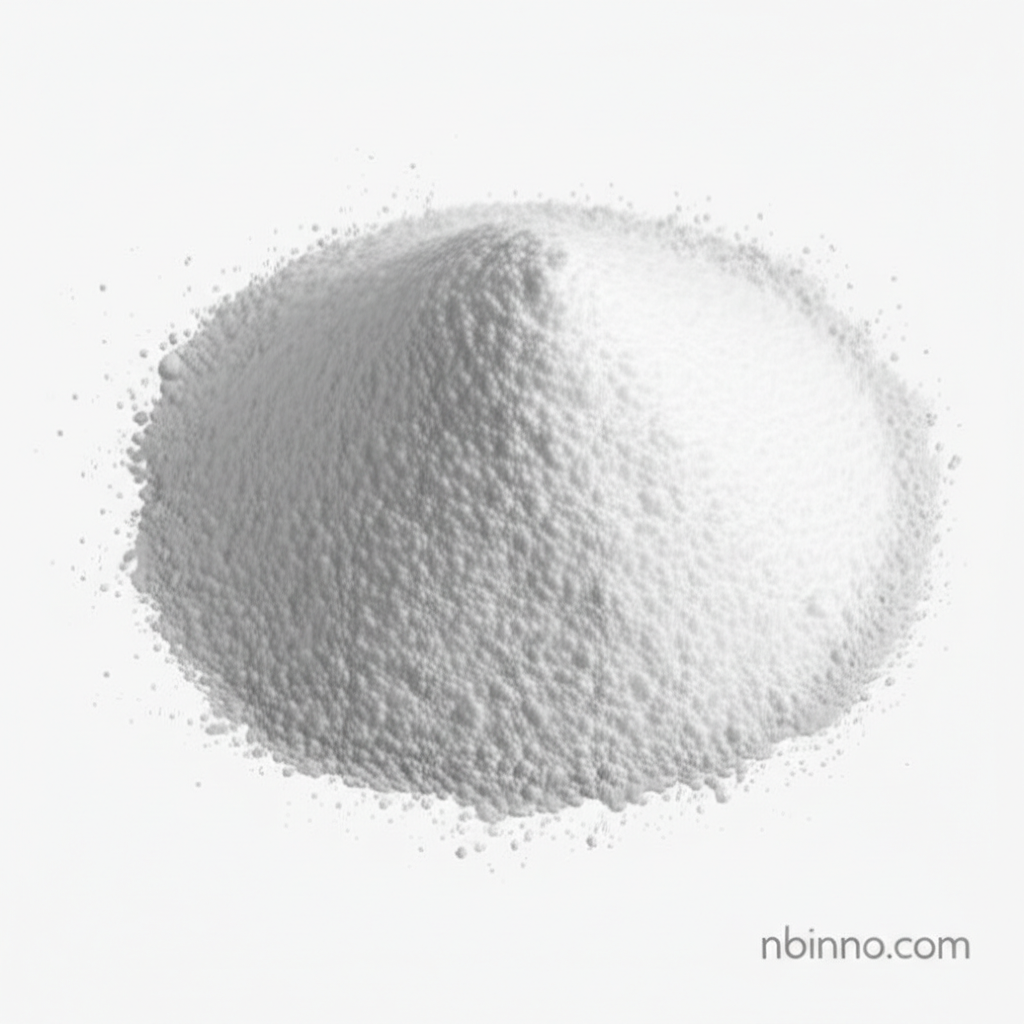Microcrystalline Cellulose: Your Ultimate Pharmaceutical and Food Application Guide
Discover the unparalleled versatility of Microcrystalline Cellulose, an essential excipient for effective product formulation.
Get a Quote & SampleUnveiling the Core Value of Microcrystalline Cellulose

Microcrystalline Cellulose
Microcrystalline Cellulose (MCC) is a purified, partially depolymerized cellulose renowned for its exceptional performance as a pharmaceutical excipient and food additive. Its unique physical and chemical properties make it indispensable in various formulation processes, from tablets to food products.
- Exceptional Binding Properties: MCC acts as a potent binder, ensuring the integrity and stability of tablets through strong interparticle cohesion, a key aspect for successful microcrystalline cellulose binder applications.
- Superior Compressibility for Direct Compression: Its excellent compressibility makes it ideal for direct compression tableting, a streamlined manufacturing process that relies on the inherent properties of excipients like MCC for efficient production of solid dosage forms.
- Effective Disintegrant Properties: MCC functions as an effective disintegrant, facilitating the rapid breakdown of tablets upon contact with moisture, which is crucial for optimal drug release and bioavailability in pharmaceutical applications.
- Versatile Filler and Diluent: As a filler or diluent, MCC provides essential bulk to formulations, particularly when active ingredients are present in low doses, ensuring consistent tablet size and content uniformity, a core function in microcrystalline cellulose filler use.
Key Advantages of Using Microcrystalline Cellulose
High Compatibility and Inertness
MCC is chemically inert, ensuring no adverse reactions with active pharmaceutical ingredients or food components, thereby maintaining product integrity and efficacy. This is a critical advantage for microcrystalline cellulose excipient uses.
Improved Powder Flow
Its free-flowing nature enhances manufacturing efficiency, ensuring smooth processing in tablet presses and capsule fillers, which is vital for consistent tablet weights in high-speed production.
Cost-Effectiveness and Multifunctionality
MCC's ability to act as multiple excipients (binder, diluent, disintegrant) simplifies formulations, potentially reducing costs and complexity in product development.
Key Applications of Microcrystalline Cellulose
Pharmaceutical Tablets
As a binder and diluent, MCC is fundamental for creating stable tablets with excellent compressibility and disintegration properties, making it a top choice for microcrystalline cellulose in tablets.
Capsule Formulations
Its excellent flowability and inert nature make MCC an ideal filler and flow agent for capsule production, ensuring accurate dosing and smooth filling processes.
Food Products
In the food industry, MCC serves as a bulking agent, texturizer, and anti-caking agent, enhancing the quality and manufacturability of various food items.
Nutraceuticals
MCC's inertness, stability, and ability to improve tablet consistency make it invaluable for formulating dietary supplements and nutraceutical products, supporting their overall performance.
